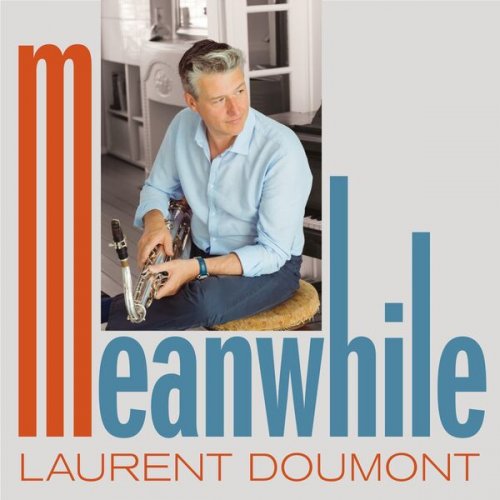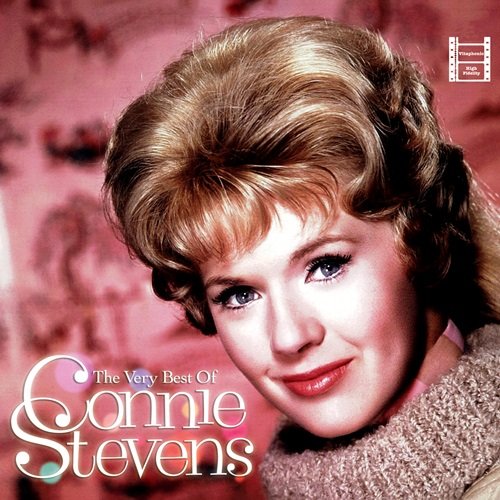Wynton Marsalis - J Mood (1986)
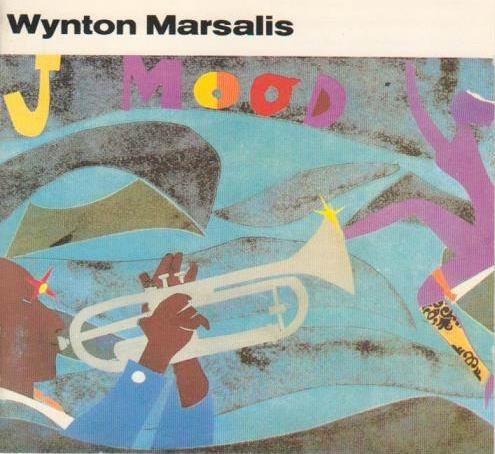
Artist: Wynton Marsalis
Title: J Mood
Year Of Release: 1986
Label: CBS[CDCBS 57068]
Genre: Jazz, Post Bop
Quality: FLAC (image + .cue,log,scans) | MP3/320 kbps
Total Time: 42:53
Total Size: 244 MB(+3%) | 102 MB(+3%)
WebSite: Album Preview
TracklistTitle: J Mood
Year Of Release: 1986
Label: CBS[CDCBS 57068]
Genre: Jazz, Post Bop
Quality: FLAC (image + .cue,log,scans) | MP3/320 kbps
Total Time: 42:53
Total Size: 244 MB(+3%) | 102 MB(+3%)
WebSite: Album Preview
1. J Mood
2. Presence That Lament Brings
3. Insane Asylum
4. Skain’s Domain
5. Melodique
6. After
7. Much Later
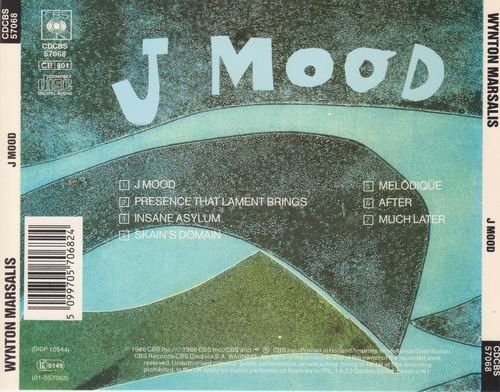
personnel :
Wynton Marsalis - trumpet
Robert Hurst - bass
Marcus Roberts - piano
Jeff Watts - drums
Wynton Marsalis pared his band down to a mere quartet for these sessions, which express a "J" mood that is alternately filled with melancholy or fired up with dogged determination. Either way, the passion of jazz and the individuality of Marsalis are present on this, one of his finest efforts. Pianist Marcus Roberts plays with an originality that goes beyond his more recognized interpretive style, while bassist Bob Hurst and drummer Jeff Watts are locked in tight and never let loose, no matter the tempo. The recording starts with the slow, pensive, and bluesy swing of the title track and "Presence That Lament Brings." The pretty ballad "Melodique" is one of the more beautiful muted trumpet constructs of Wynton's early career, while the lugubriously slow "After" is more difficult to play than most would suspect. The opposite end of the spectrum brings burners like the wild "Insane Asylum," featuring a positively charged and inspired Watts; the spirited signature Marsalis modal neo-bopper "Skain's Domain," which has Roberts and Hurst joined at the hip; and Watts on brushes exclusively stoking the fire of the hard bopper "Much Later." As heard on this solid recording from top to bottom, with a stance that expresses no middle range (it's either all or nothing), this group, with no other front-line horn and no brother Branford Marsalis, may have offered the then-young trumpeter one of the more bold challenges developing his individual voice.~ Michael G. Nastos
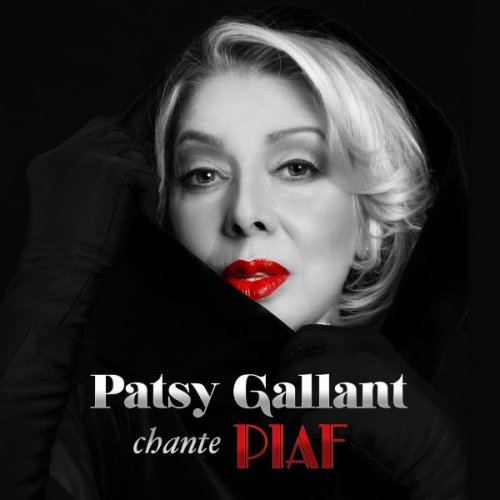
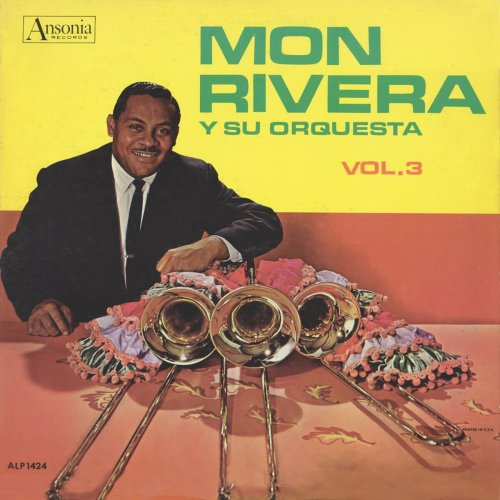

![Bob James, David Sanborn, Tsuyoshi Yamamoto, Susan Wong, Fourplay - The Best Of Evosound Audiophile (2024) [SACD] Bob James, David Sanborn, Tsuyoshi Yamamoto, Susan Wong, Fourplay - The Best Of Evosound Audiophile (2024) [SACD]](https://www.dibpic.com/uploads/posts/2026-02/1771744987_folder.jpg)



